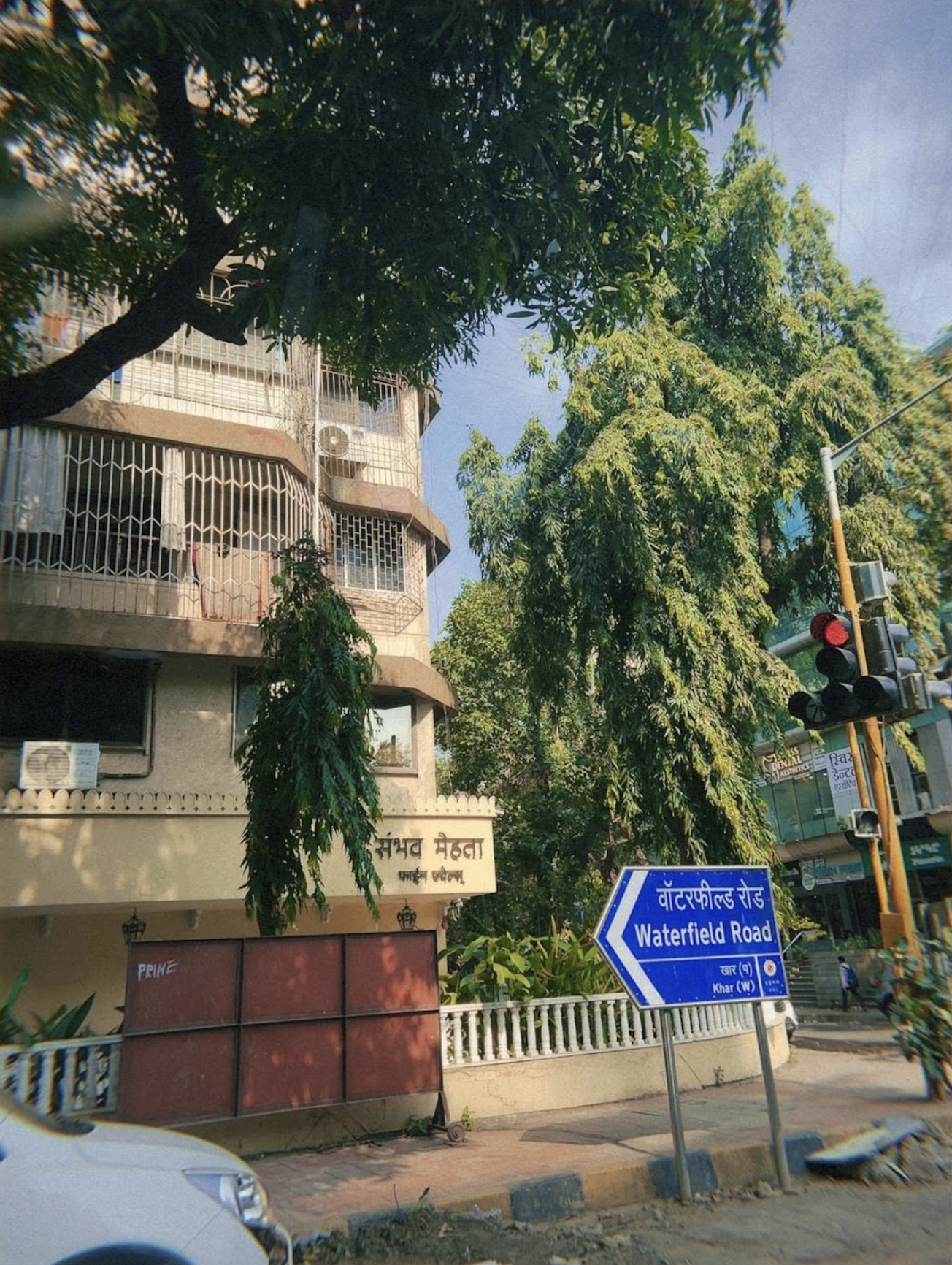Who am I?
Who am I?
By third year Aarya Merchant
I’m a lot of things: a compassionate friend, an adventurous risk-taker, and a killer (almost professional) pickleball player.
But one thing I’m not?
In touch with my culture.
Growing up, I always felt like the “least Indian” out of my friends. They all spoke a second language fluently and took regular trips back to India. Me? The first language I learned was Hindi, but I forgot most of it when I had to learn English for school. My parents never forced me to speak Hindi, so I never tried to relearn it. To make things worse, I had only visited India a few times, unlike my friends who made yearly trips and were much more familiar with life there. Not knowing Hindi never felt like a big deal, until I made Indian friends who would joke about “how things were back in India” or laugh at Bollywood inside jokes. At 12, I tried to fit in by learning Hindi again—watching Bollywood movies and listening to my parents speak. After months, I could understand it pretty well, but speaking was a different story. I mixed up tenses and spoke with a heavy American accent. My friends and family would call my Hindi “cute” or label me an ABCD—American Born Confused Desi.
But my cultural disconnect went beyond just language. Most of my Indian friends were either Hindu or Muslim, and they celebrated their religious traditions regularly. Growing up both Hindu and Muslim, I celebrated both, but I was always confused about which celebrations belonged to which religion, and honestly, why we were celebrating them at all. At some point, it felt like I was just going through the motions. When people asked how I practiced both religions, I never knew what to say. The truth is, I wasn’t even sure why myself.
As I got older, my imposter syndrome only grew. My Hindi hadn’t improved, and I still didn’t fully understand either of my religions. Soon, the insecurity of feeling less cultured than my peers stuck with me. Because of this insecurity, I completely stopped speaking Hindi at home and in my religious communities, fearing judgment for not being as skilled as others my age. I also brushed off all questions about my religious practices with the simple answer, “because I can.” I could have kept trying, but the jokes eventually got to me, making me feel embarrassed that I still didn’t know much about my culture after years of trying to learn. Eventually, I gave up on trying to be “more Indian” and allowed myself to feel alienated from my Indian peers.
So, when I found out we were visiting India for the first time in 10 years this summer, you can imagine how unenthusiastic I was. I already felt out of place here—why go to India just to be shamed for my “faux Indianness”?
Count me out.
...Is what I would’ve said if I had a choice, but I didn’t. I was going to India whether I liked it or not.
Photo by Aarya Merchant
The first few days were awkward. I was too scared to talk, worried people would immediately know I was American. But a few days in, my parents started heading into the city with my relatives, leaving my brothers and me to explore on our own. With no choice but to speak Hindi to navigate the city, I surprised myself. I realized I was more fluent than I thought, enough to hold conversations. This gave me a new confidence that shifted my whole perspective. As I grew more comfortable speaking Hindi, I also felt more connected to other parts of my culture, like practicing both religions. When my aunt held a puja, I even helped lead it. By the end of the trip, I found myself laughing at the cheesy dialogues in a new Bollywood movie with my cousin.
That trip was unexpectedly eye-opening. It made me realize that I am connected to my culture and that all my doubts were rooted in insecurity and fear of being judged for “not being Indian enough.” I was afraid that if I continued exploring my culture, my worth in the eyes of my family, friends, and community would plummet. At that point, pretending to be fluent in Hindi and extremely religious seemed more appealing than admitting the truth. But in trying to hide what I believed to be my reality, I never gave myself the chance to see that my culture had been within me all along. Going back to India showed me that I’m just as Indian as anyone I once aspired to be.
So, who am I?
A simple question with many answers, but let me start with this:
I am Indian.

